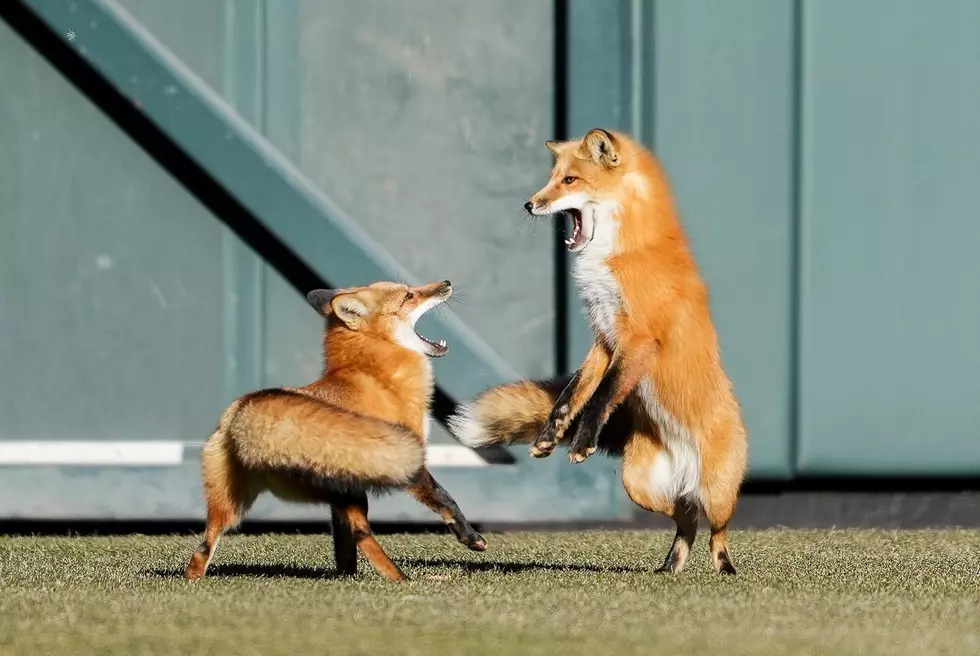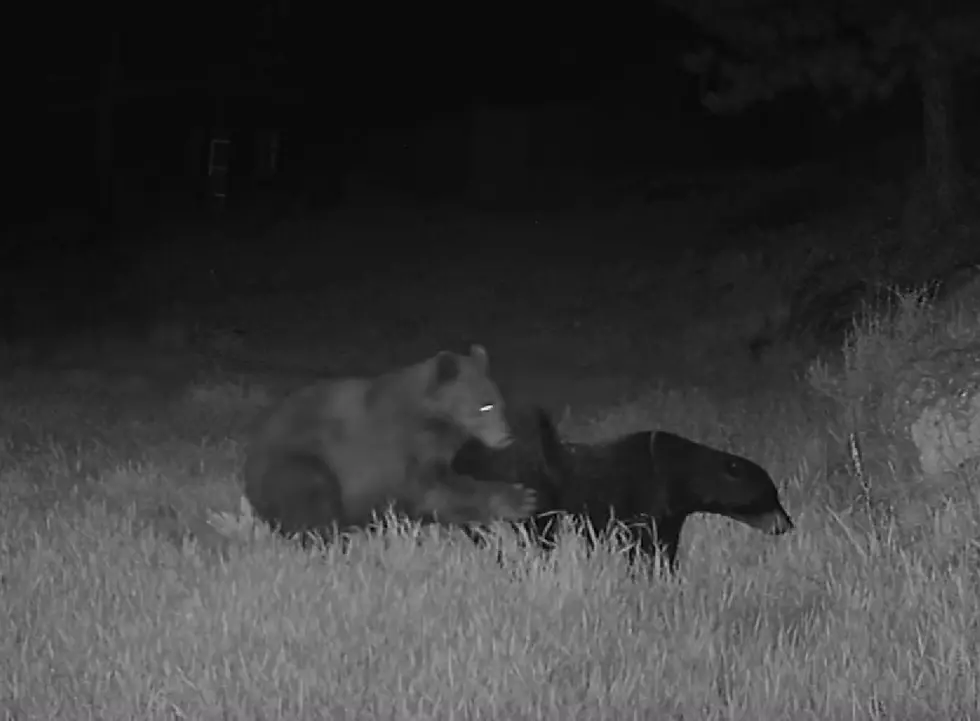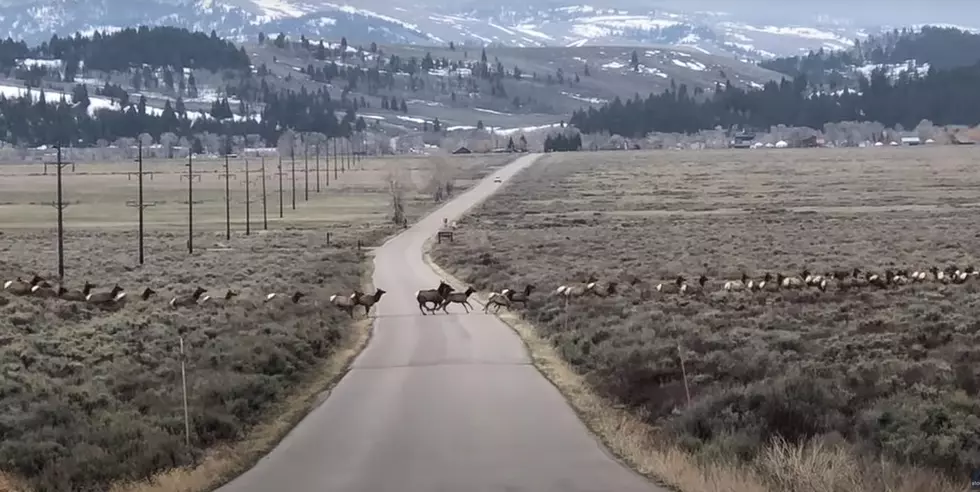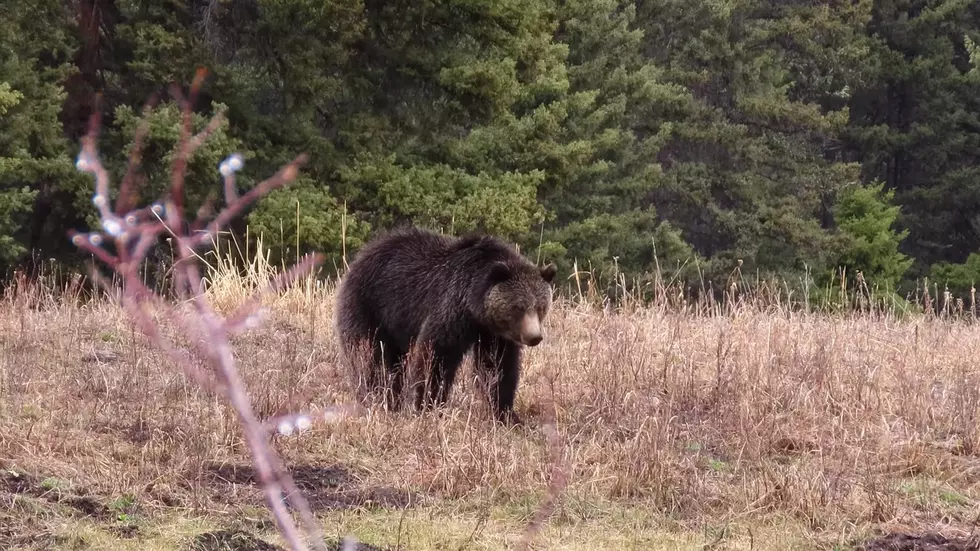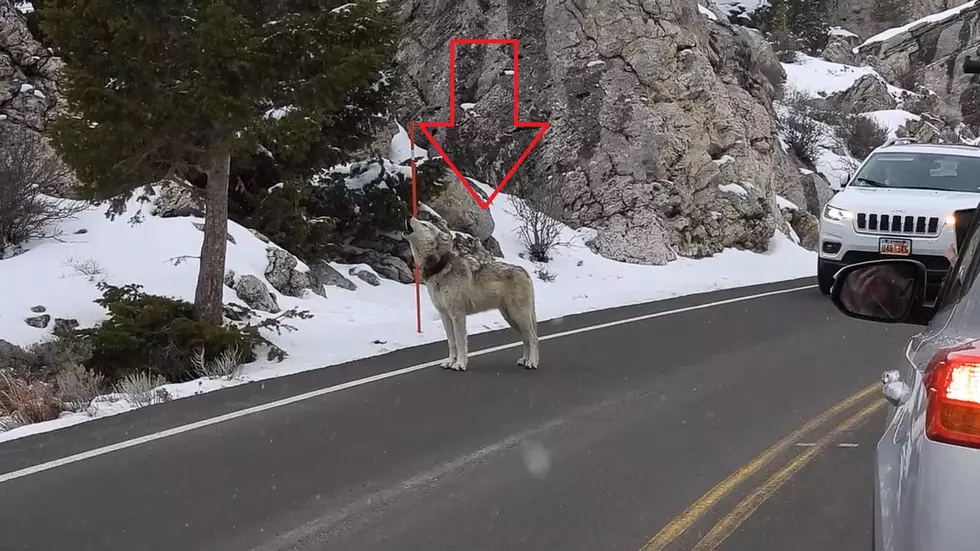
CPW Anticipates an Increase in Bear Activity as Fall Gets Closer
Summer has flown by and with fall right around the corner, Colorado Parks and Wildlife is alerting residents to expect an increase in bear activity, especially in urban areas.
As Colorado's black bears prepare for winter hibernation, they will spend up to 20 hours a day hunting and foraging for food. CPW explains that the bears attempt to consume an average of 20,000 calories a day during this time in order to survive through the winter, which means they're not messing around when it comes to food.
As for filling their bellies, bears enjoy anything from human food, to berries and fruit, plants, natural grasses and trash. Although black bears aren't typically aggressive towards people, finding their meals can still sometimes lead to destruction of human property or possible attacks.
To avoid bear vs. human conflicts, CPW advises residents to be proactive and do things like bearproof their homes in time for fall. Some easy steps for bearproofing a residence are keeping garbage cans clean and stored in a well-secured location, tidying up after outdoor picnics and grill sessions, leaving garage doors closed and bottom level windows locked, and not allowing fruit from trees to sit on the ground and rot. CPW notes these precautions should be taken throughout the late summer and fall.
Black bears are curious and intelligent animals, and if they find food near or inside homes, vehicles, and campsites, they will most likely come back for more. Plus, they can smell these food sources from up to five miles away. If these areas are kept protected, the bears will realize can't rely on human food sources, and will seek out somewhere else to find their nutrients.
To read more about co-existing with bears in Colorado, visit https://cpw.state.co.us/bears.
The Most Dangerous Animals in Colorado + Why They're Dangerous
More From Townsquare Fort Collins
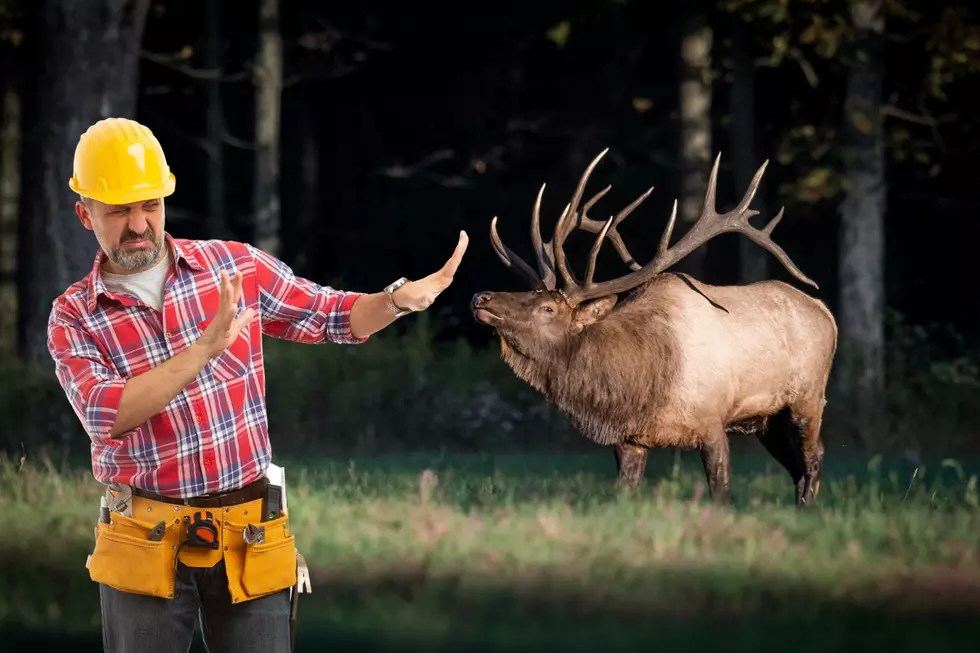
![[WATCH] Oh, Deer! Bucks Battle in Christmas Smackdown in Laramie](http://townsquare.media/site/107/files/2022/12/attachment-christmas-duel-2.jpg?w=980&q=75)
